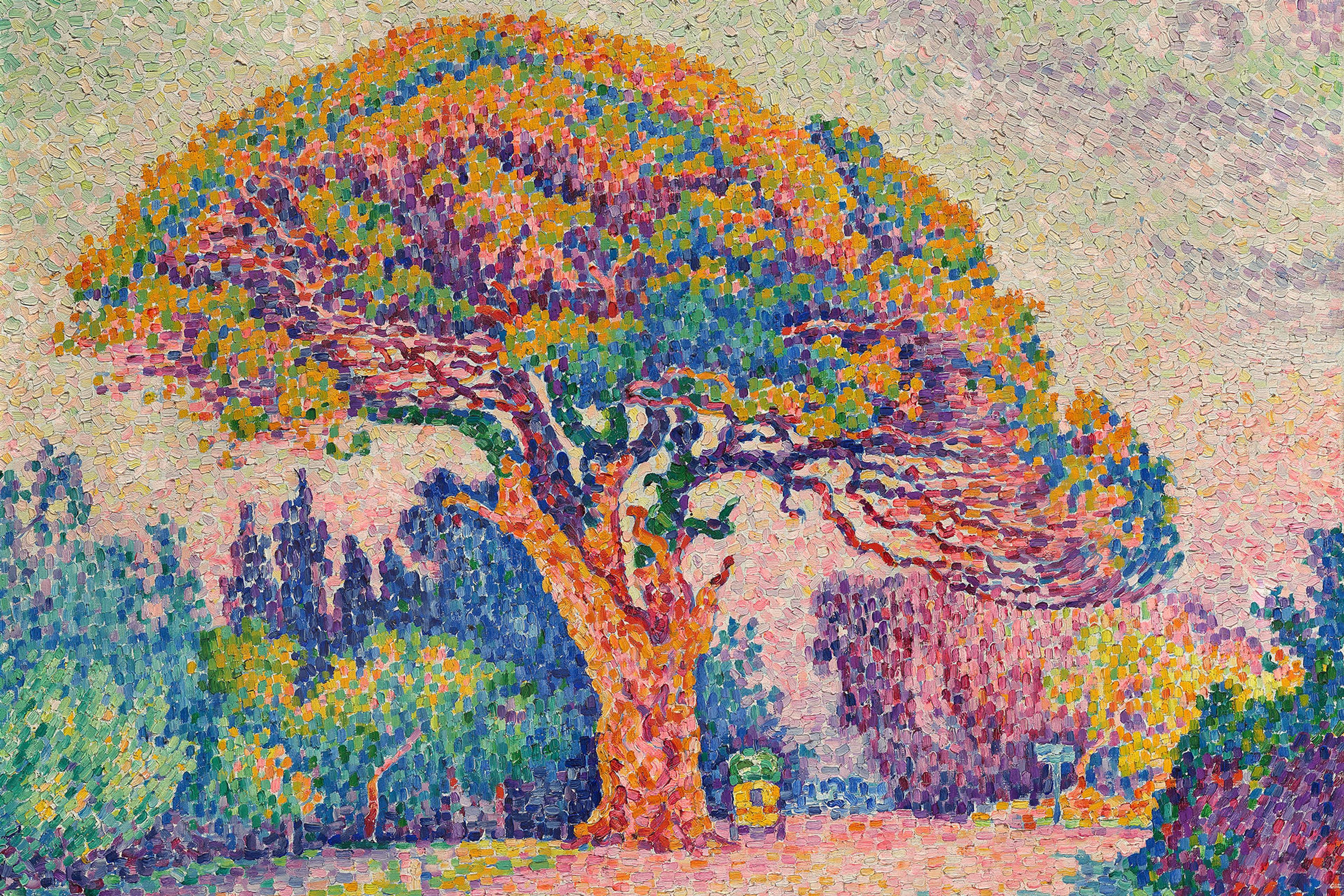
Thinkers and theories
Articles, Films and practical Guides on thinkers and theories, part of Psyche’s coverage of self-knowledge and personal growth.

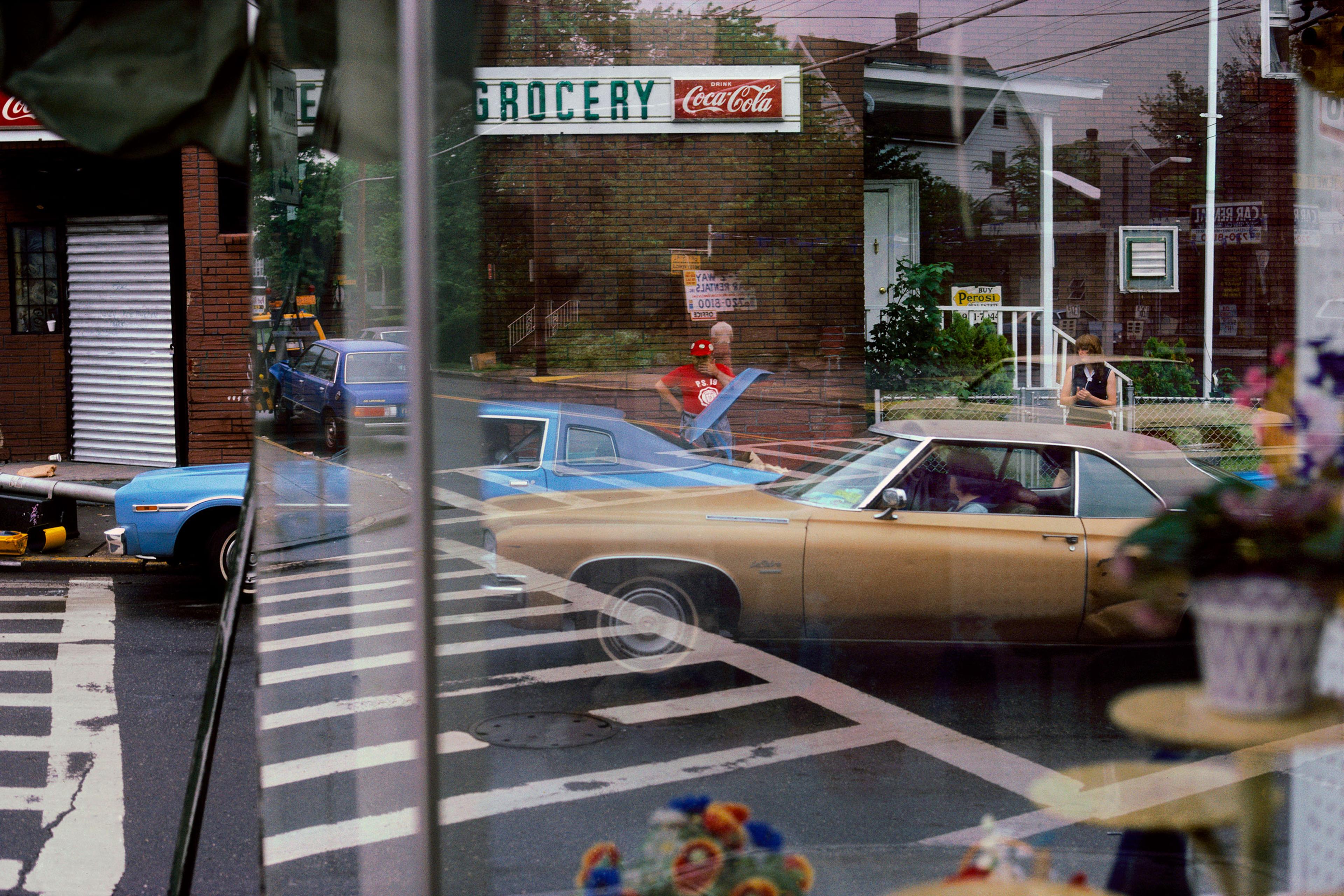
Heidegger knew that we are always outside, weathering the storms
We aren’t safe inside separate minds. Being-in-the-world means we’re entangled and vulnerable – and that’s how we flourish
by Katherine Withy
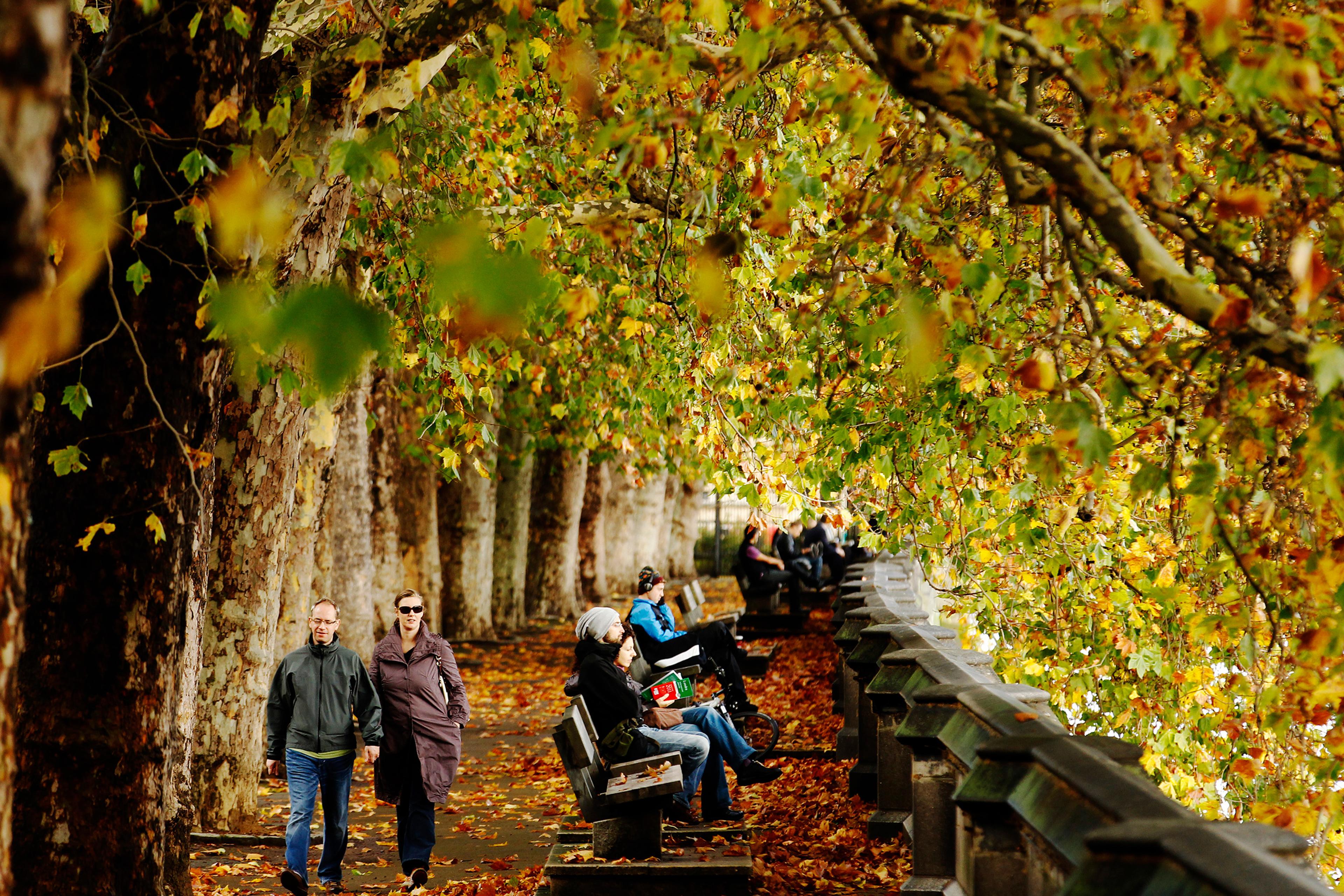
The existential struggle between being a ‘we’ and an ‘us’
Sartre’s phenomenology reveals how a shift from subject to object (and back) is not merely a matter of grammar
by Tris Hedges
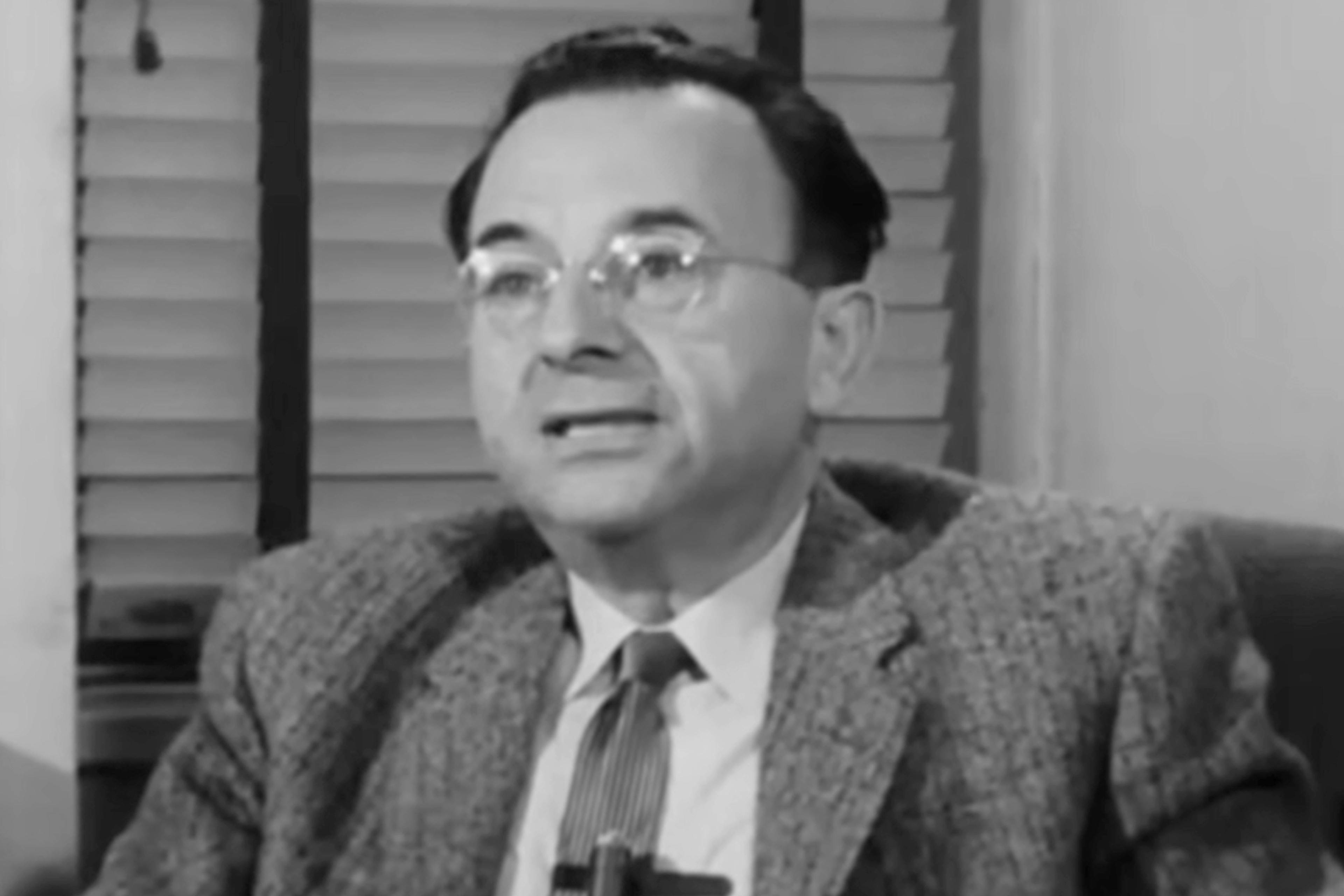
Can an entire society be mentally ill? A perspective from 1960
Video by The Search for America

Why ‘false authenticity’ is so unsettling
The Old Town of Würzburg seemed to offer a real connection to the past. But none of it was authentic
by Sam Dresser

Embrace conflict, reject authority – William Blake’s radical vision of a meaningful life
Video by Great Books Explained

Plato warned that some pleasures separate us from reality
The contemporary obsession with feeling good might mean we’re losing sight of what makes life genuinely meaningful
by Derek van Zoonen
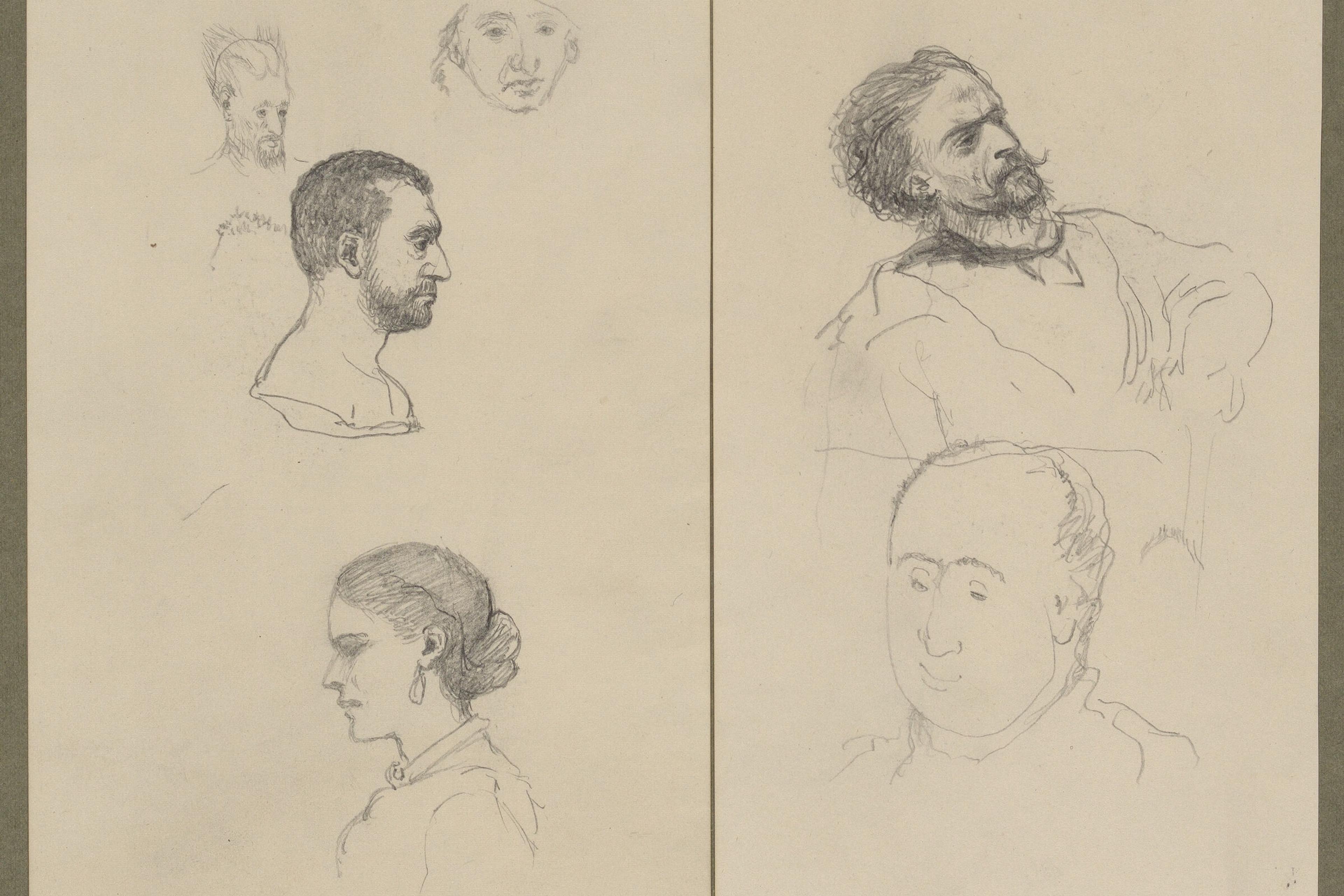
As if
Why we should embrace beliefs or stories that may not be, strictly speaking, true but are to some extent useful or good
by Sam Dresser
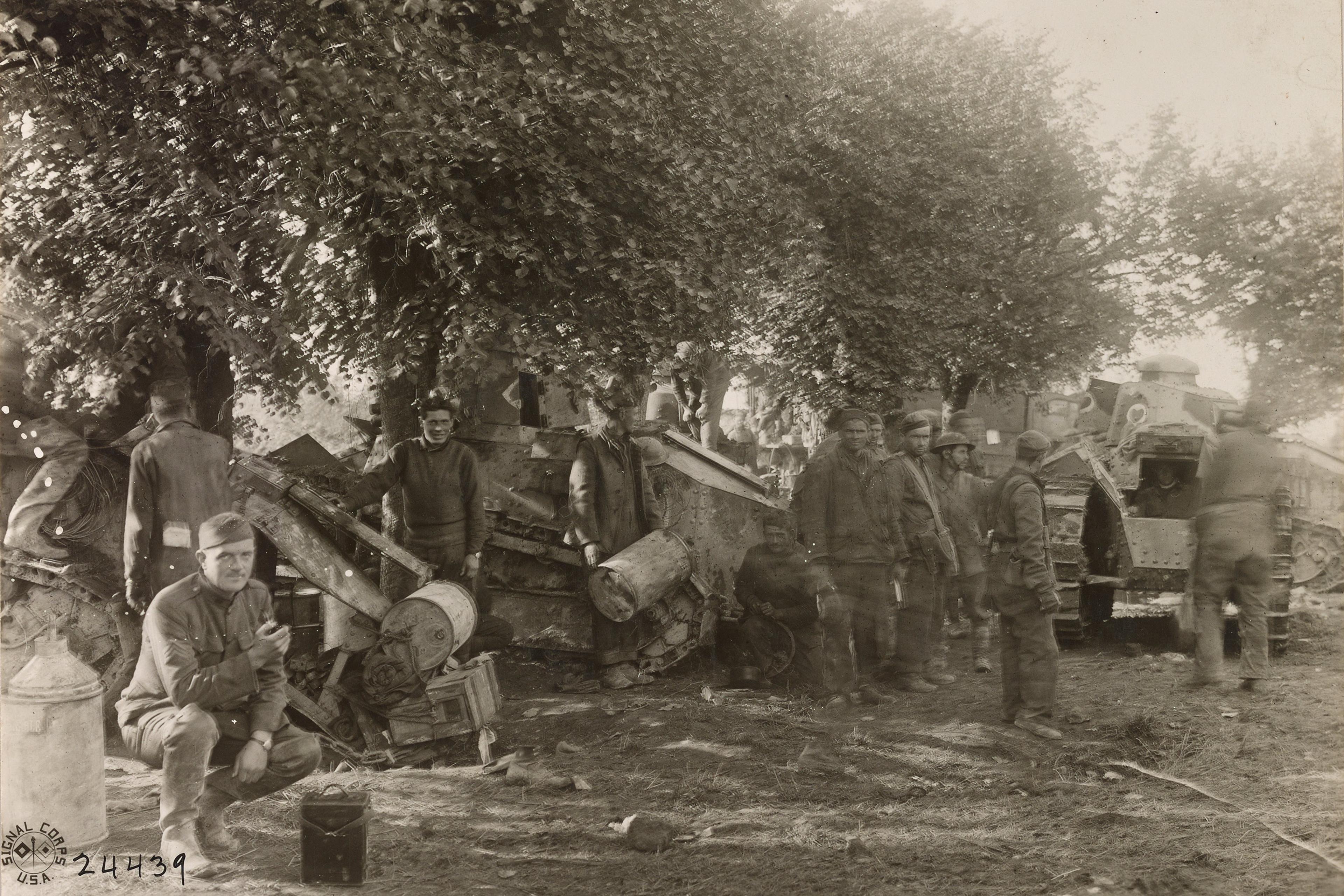
An unlikely meeting that shaped history
The diplomatic intervention by a philosopher on a president shows the extraordinary consequences of unlikely meetings
by Sam Dresser
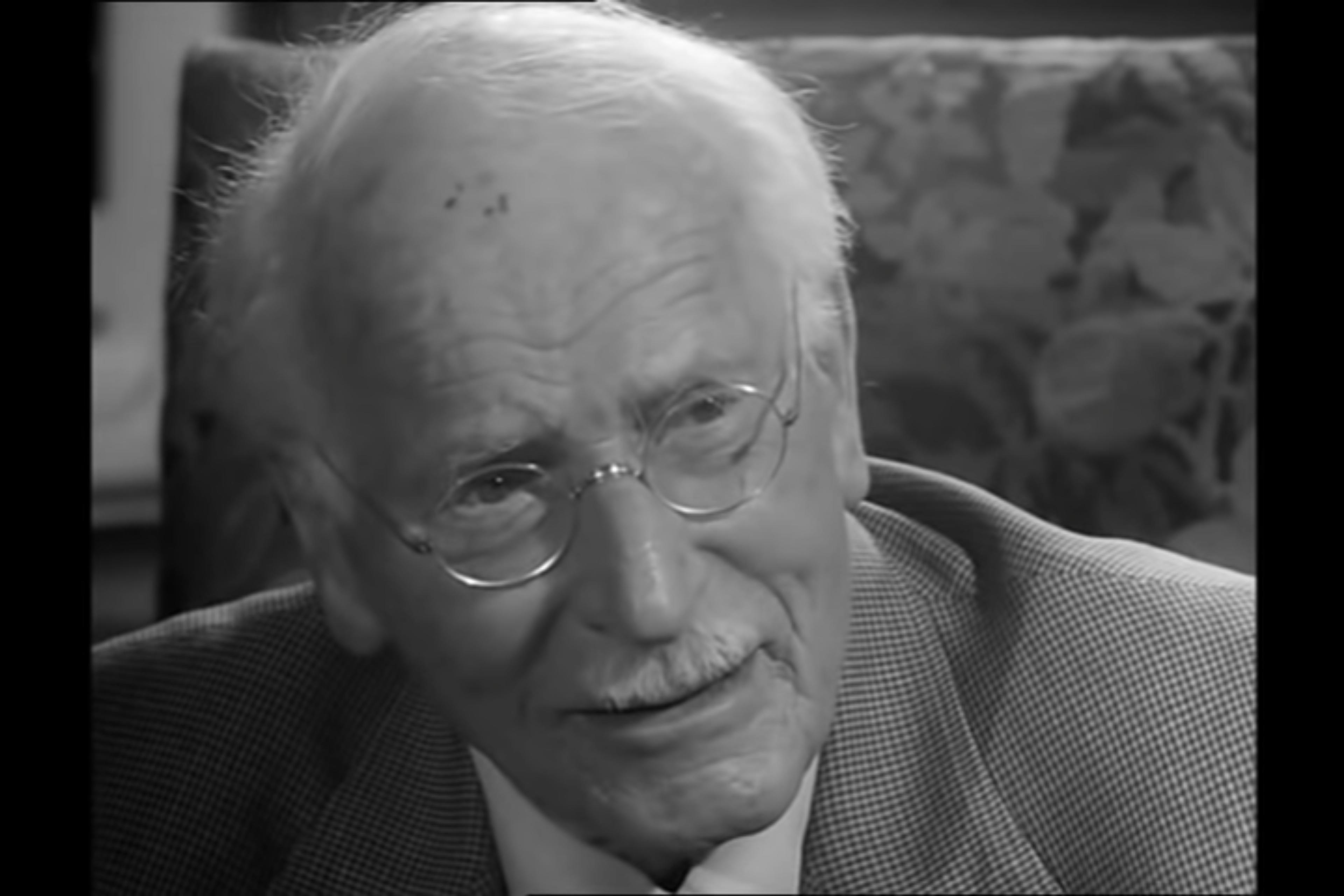
‘Man cannot stand a meaningless life’ – a conversation with Carl Jung at 84
Video by Face to Face
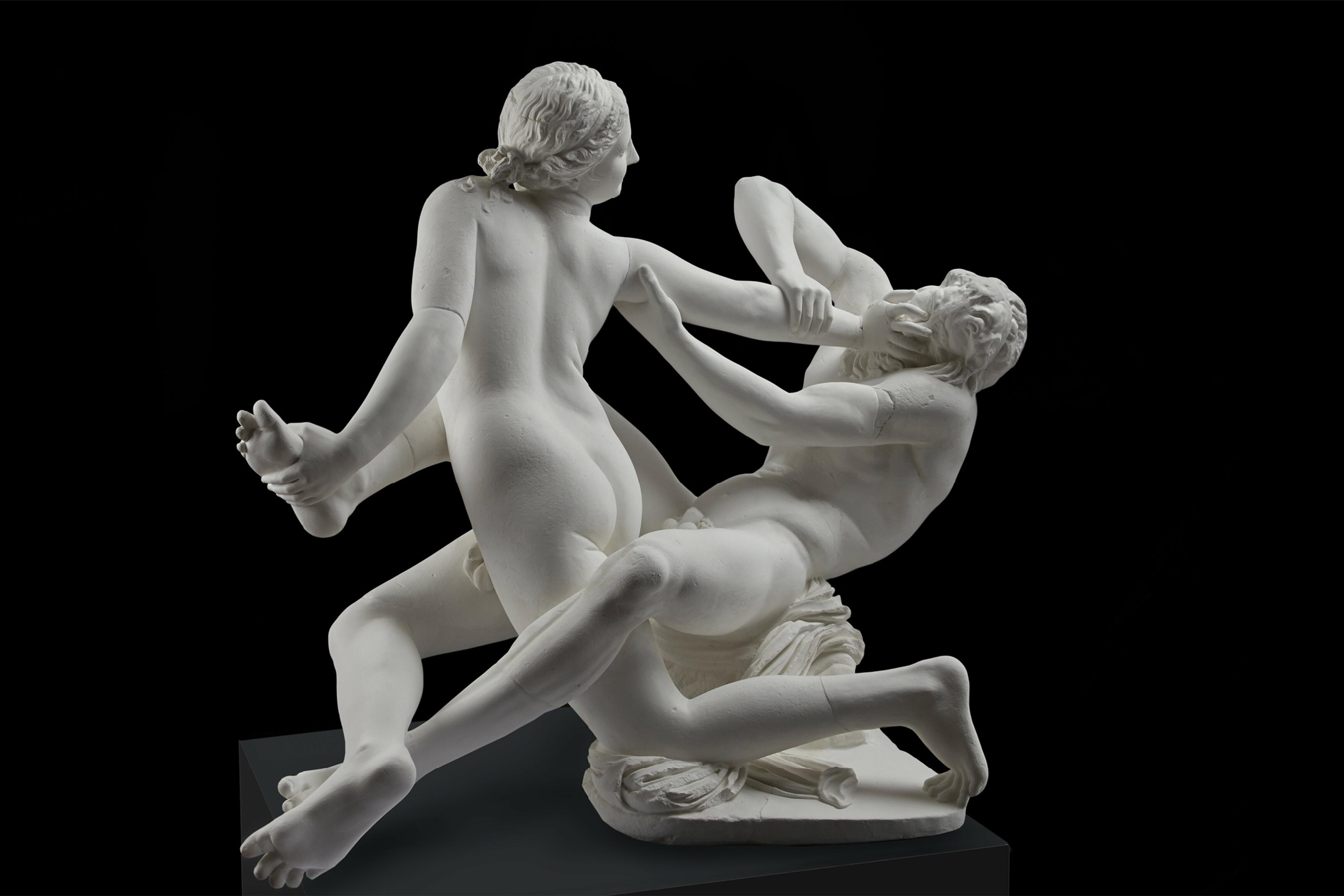
Plato’s challenge to the meaning of manliness still resonates
Even in ancient Greece, Plato questioned whether gender norms around masculinity were good for men’s individual freedom
by Yancy Hughes Dominick
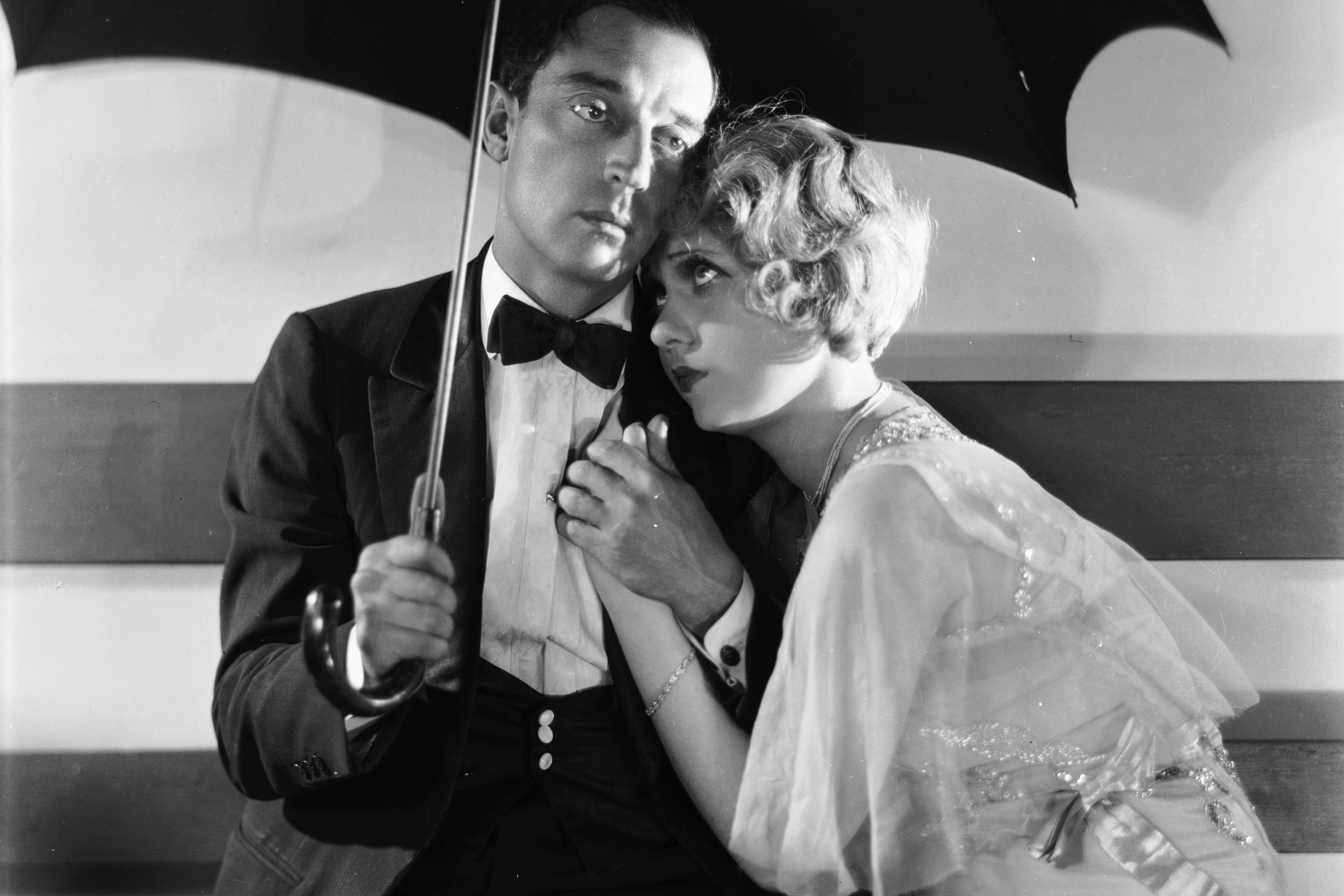
True contact is found in silence
For Emil Cioran, ‘true contact’ with another is the deep intimacy that emerges through mute togetherness
by Sam Dresser
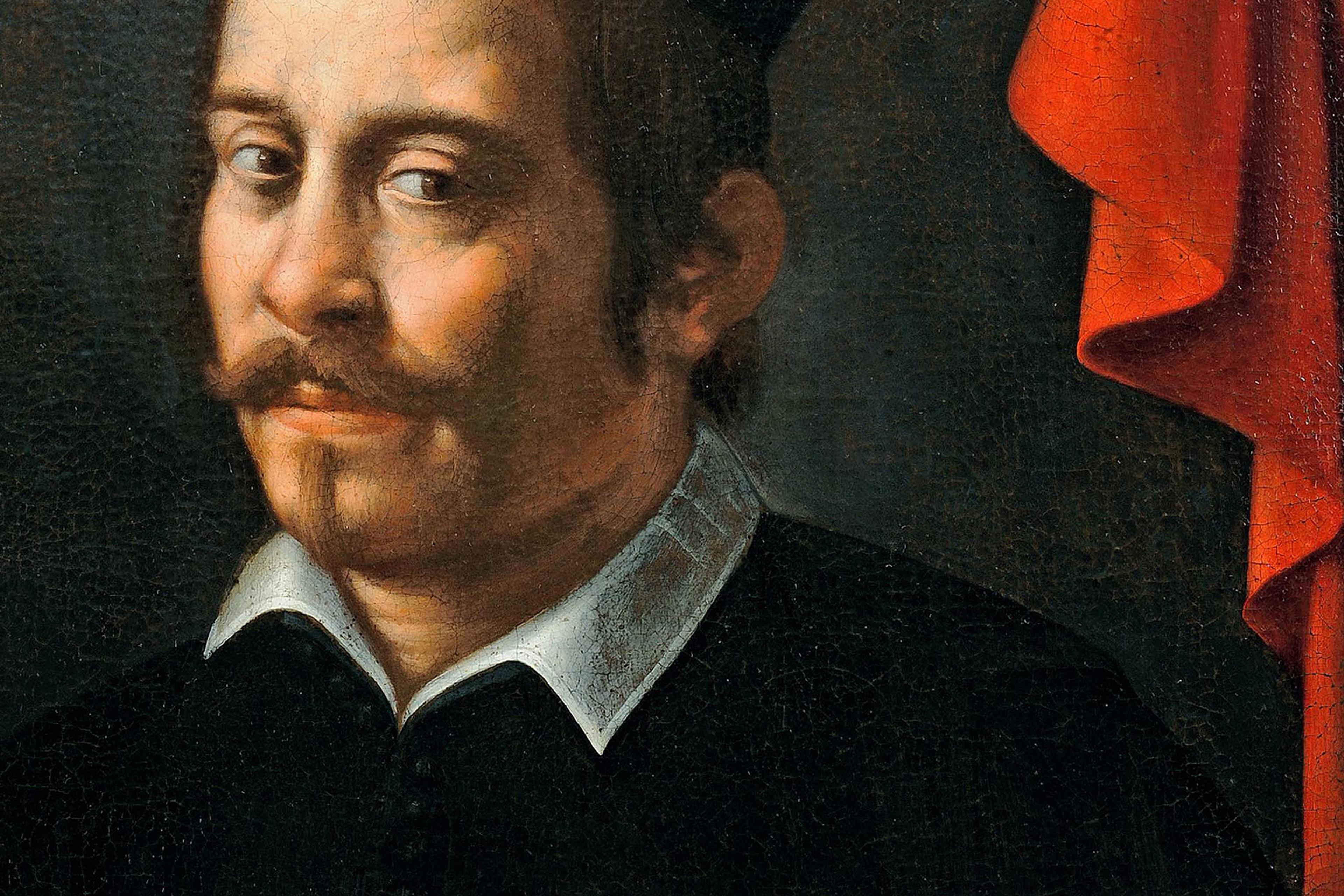
These lessons in scepticism could make the world a better place
In our age of certainty and dogma, we would all do well to learn from the philosophy of the ancient Greco-Roman sceptics
by Massimo Pigliucci
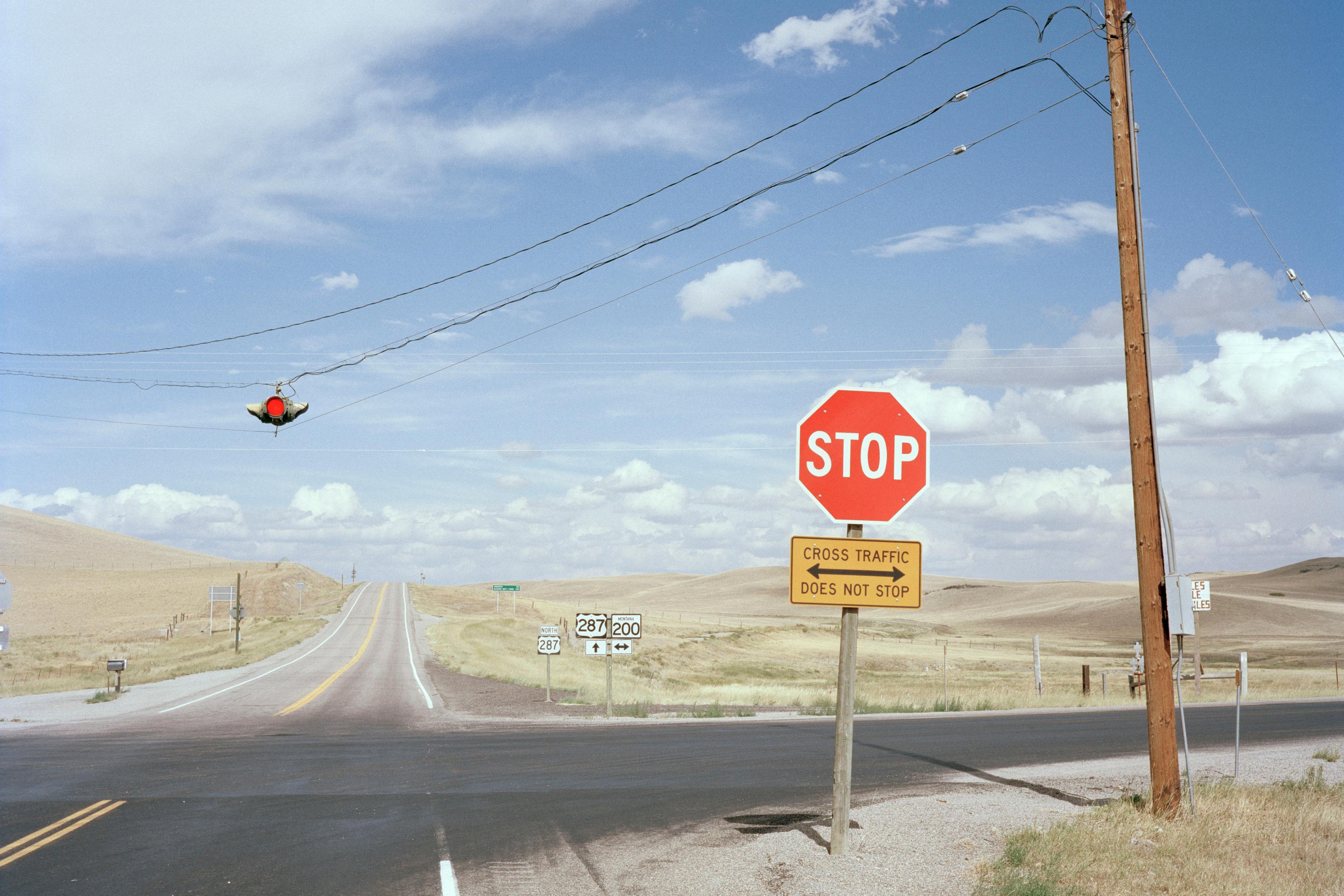
To resist dogma and accept uncertainty, think like a pragmatist
Founded in 19th-century America, the philosophy of pragmatism promises imaginative ways of coping with our circumstances
by Michael Bacon
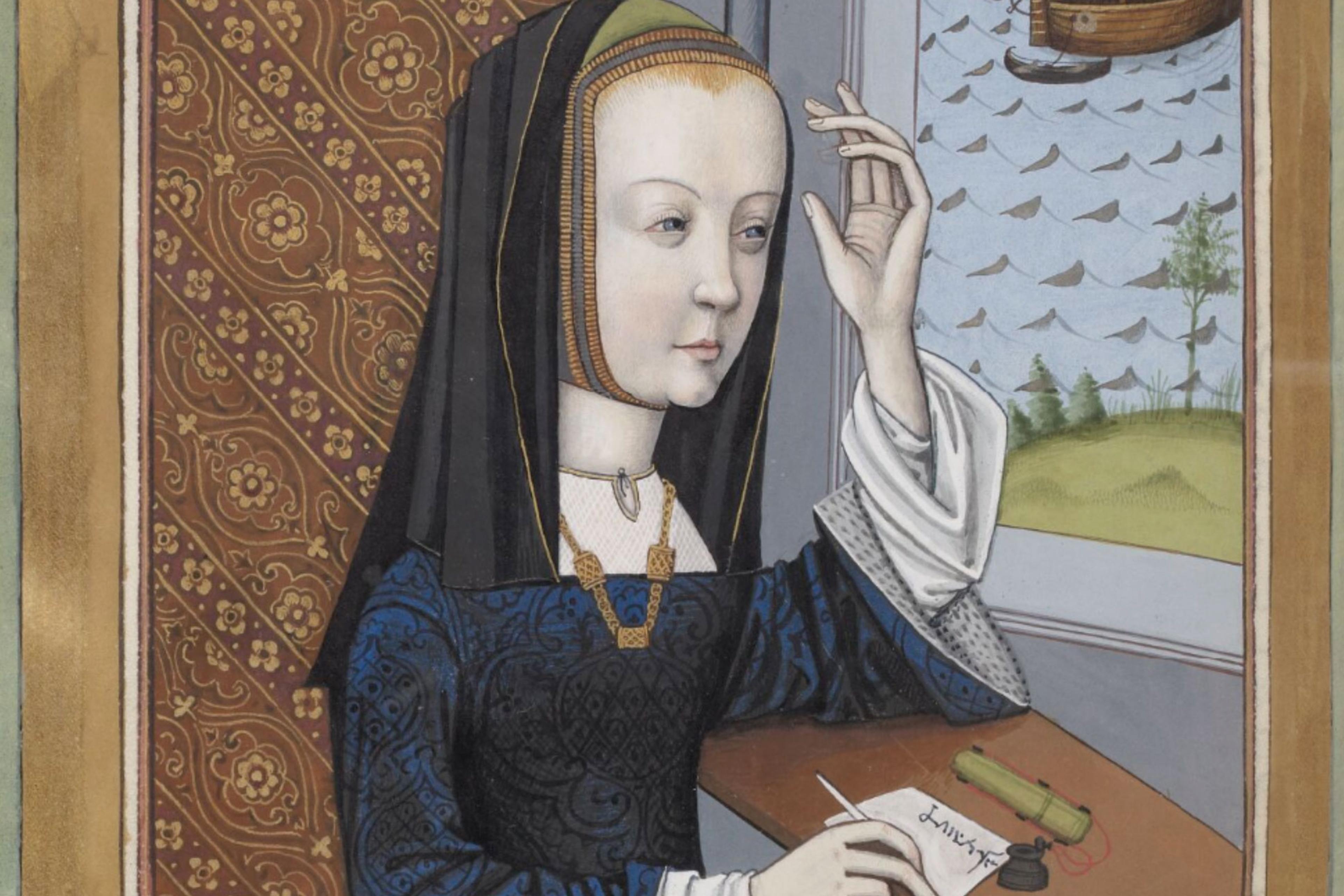
How to find inner peace like Saint Teresa of Ávila
The 16th-century ‘spiritual rock-star’ shows how seeing your soul as a castle can be a source of strength and consolation
by Skye C Cleary
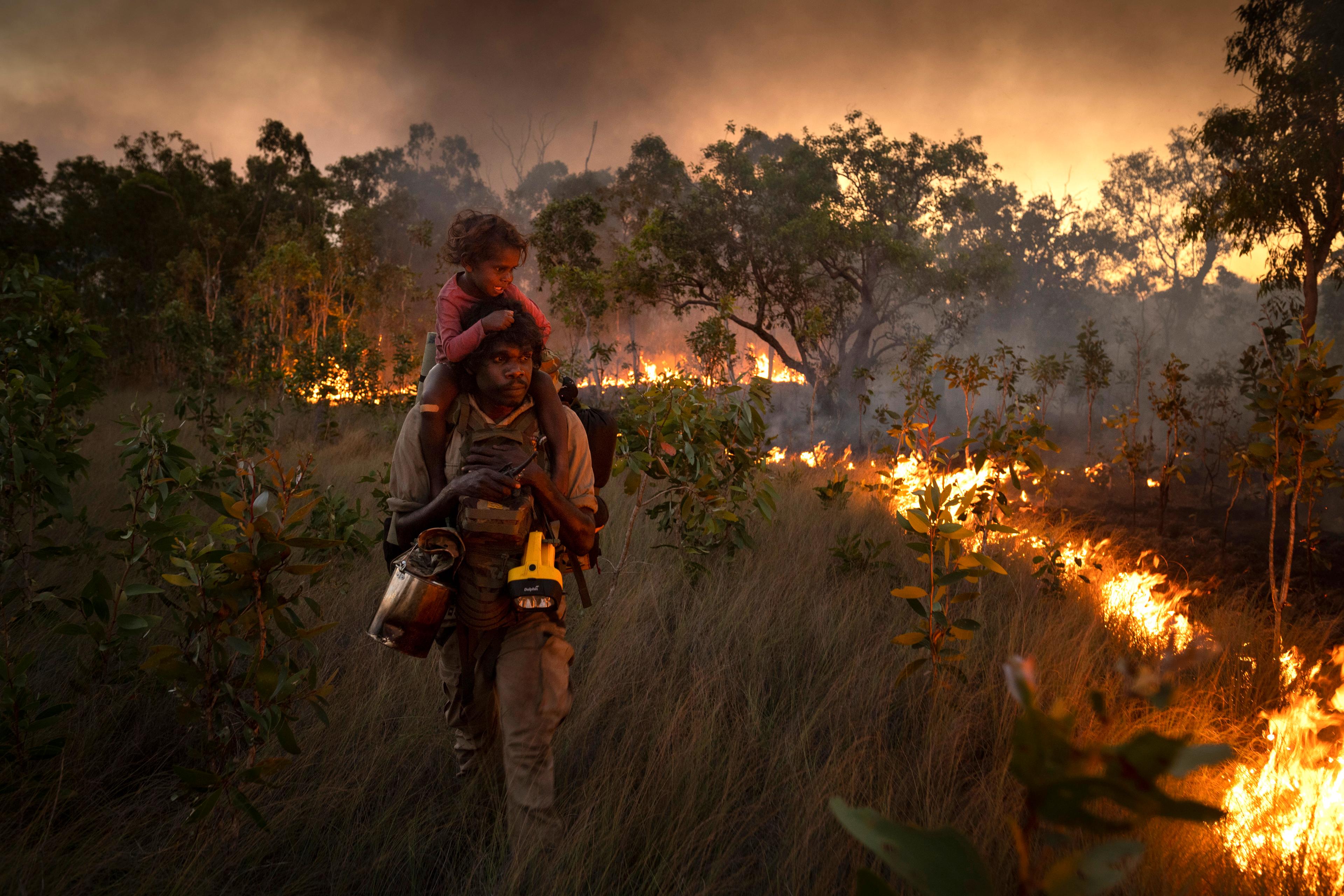
There is knowledge in the land as well as in ourselves
Indigenous Australian knowledge systems understand what Descartes didn’t – the natural world has important things to tell us
by Andrew Kirkpatrick